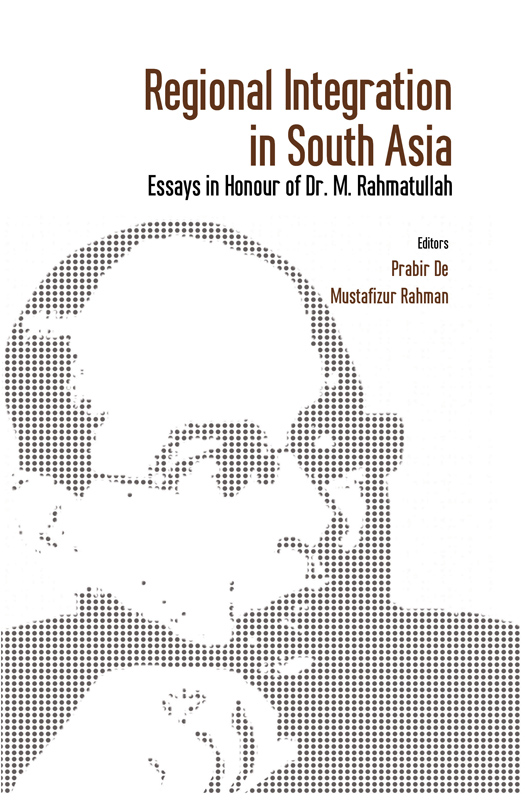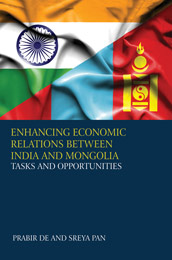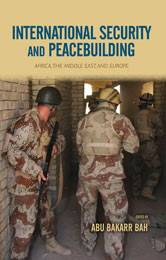Subjects
Regional Integration in South Asia: Essays in Honour of Dr. M. Rahmatullah
Prabir De and Mustafizur Rahmant
There is a general consensus among policymakers, academicians and development practitioners that transport connectivity lies at the heart of deepening regional cooperation and integration in South Asia. It is being increasingly recognised now that development of production networks and value chains and promotion of trade and investment depend critically on the efficacy of transport linkages within and across countries. In absence of good transport connectivity, exporters lose competitiveness, domestic producers face cost-hike and delay and consumers’ interests get undermined. Throughout all his active life, Dr. M. Rahmatullah had relentlessly championed the cause of multimodal connectivity in South Asia, and also seamless movement of goods across all of Asia. His dream was to build an integrated South Asia through corridors and gateways, which will be well connected with pan-Asian transport networks. His seminal contributions had put connectivity as central to economic prosperity and regional economic integration in the region. One recalls that member countries of the South Asian Association for Regional Cooperation (SAARC) had pledged to achieve the South Asia Economic Union (SAEU) by turn of the ongoing decade, where an efficient, secure and integrated transport network was identified to play a catalytic role. Trade was to play a crucial part in this scenario. Regrettably, South Asia is a case in point, where country-specific constraints impeded trade between countries. Consequently, goods often lose competitiveness at home before being sold overseas. One of the key tasks before South Asian countries is, therefore, to build gateways and multimodal corridors, which are the building blocks for creating an integrated spatial economic region in South Asia. In this backdrop, this collection of essays in honour of Dr. M. Rahmatullah deals with a diverse range of issues concerning trade and integration in South Asia, and assesses policy priorities, implementation imperatives and emerging challenges in view of this. Each chapter of the book tries to capture a vital segment of the cross-cutting issues associated with closer transport and economic linkages in South Asia and attempts to draw relevant policy implications in this connection. The volume reviews the progress made in terms of trade and connectivity in South Asia, and suggests ways towards further strengthening of regional integration in the region. We hope that the book will serve as a valuable reference source for policymakers, academics and practitioners working on issues of regional integration in South Asia.


 Political Science
Political Science



